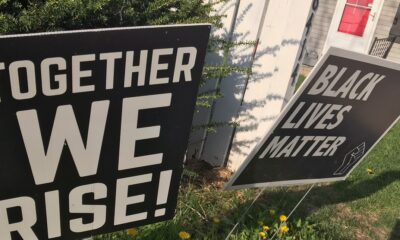Featured
Six Presidents with Strong Civil Rights Legacies
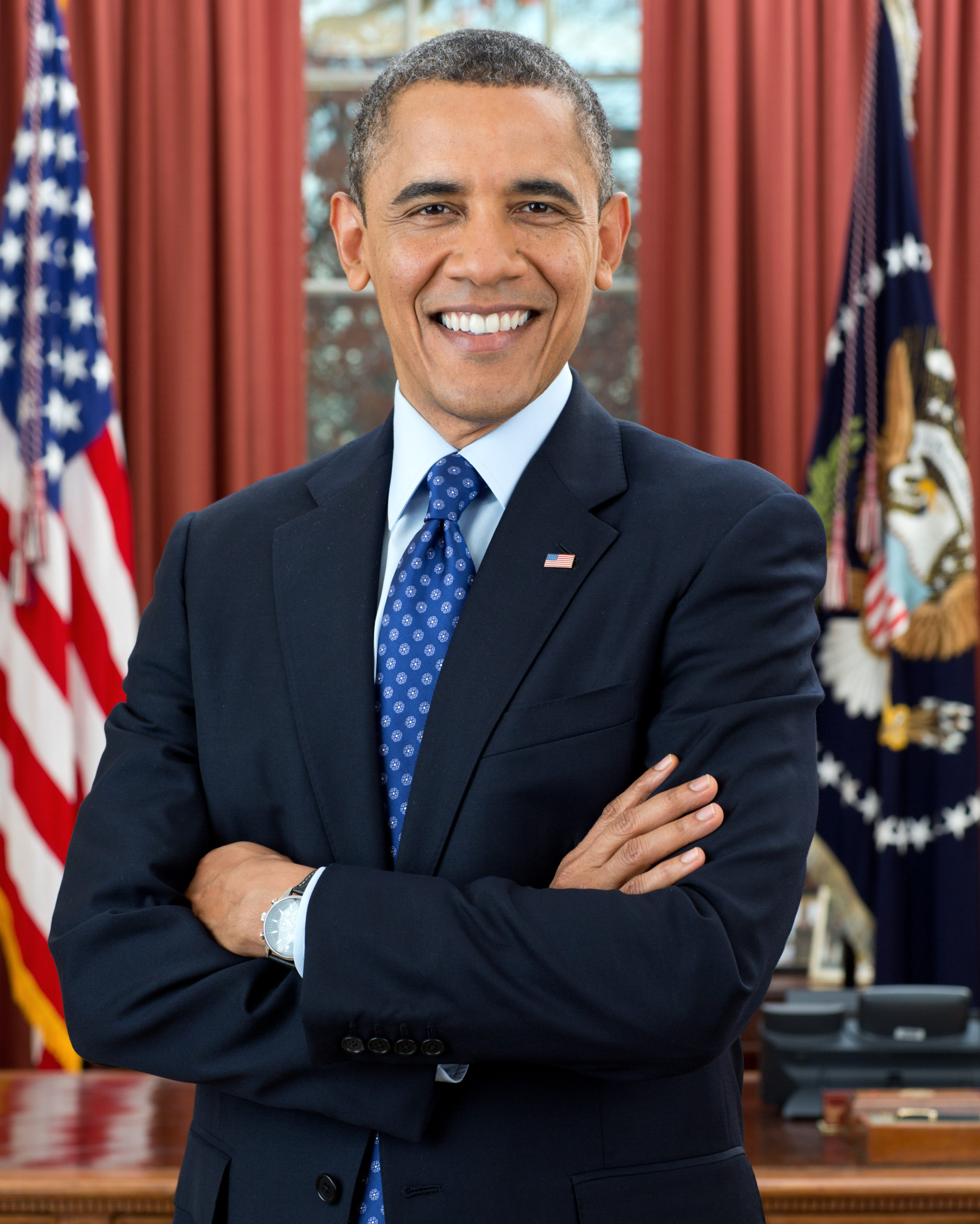
As the country pauses to celebrate President’s Day, TheVillageCelebration invited Dr. Sekou Franklin, a professor in the Political Science and International Relations Department at Middle Tennessee State University, to select six Presidents whose policies had the most significant impact on Black America.
Barack Obama gets credit for being the first African American elected and for Obamacare, which expanded health insurance to 20 million people and helped reduced the uninsured population, including among African Americans. Further, Obama advanced criminal justice reforms through executive action – not through Congress. He also ushered in the most diverse group of Federal judges in the nation’s history. Finally, the Obama administration advanced a food security and healthy food initiative, primarily through First Lady Michelle Obama, that successfully gave healthy food options to public school children.
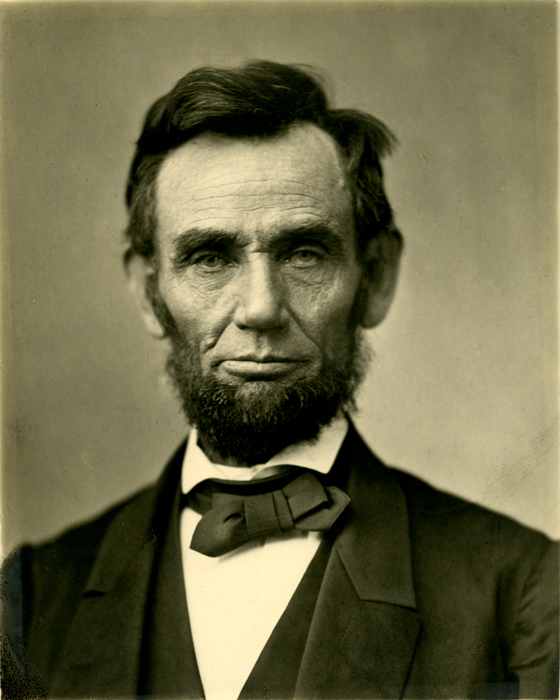
Abraham Lincoln fought off succession in the South when previous presidents, James Buchanan, Franklin Pierce, Millard Filmore, did little to counter the slave aristocracy and southern lawmakers, who were intent on extending slavery beyond the U.S. South. Lincoln issued the Emancipation Proclamation. He also pushed through the 13th Amendment even against the most conservative members of his party.
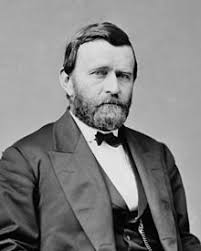
Ulysses Grant and his administration were criticized for corruption. Yet, for blacks, Grant was a breath of fresh air compared to the previous President Andrew Johnson, who wanted to resurrect a neo-Confederate South after the Civil War. Grant pushed through the 15th amendment; the 1870 and 1870 enforcement acts that helped to expand protections of black voters. He also pushed through the 1875 Civil Rights Act that attempted to ban segregation in the public accommodations. His critics insist that he just followed the dictates of a pro-Civil Rights Congress, but I see him in a different way. I see him as an advocate for Civil Rights. The Department of Justice was also formalized under his watch in 1870 and once that happened, it began investigating Civil Rights abuses.
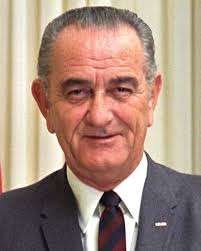
Lyndon B. Johnson pushed through the 1964 Civil Rights Act and the Voting Rights Act of 1965, both of which were supported by the Civil Rights Movement. The legislative acts were among the most important in the 20th century. He also pushed through the Open Housing Act of 1968, which despite its weakness, was the first attempt at attacking housing discrimination. Although not talked about, leaders of the civil rights movement were strong supporters of the expansion of health care and anti-poverty programs. Thus, they supported the establishment of Medicare and Medicaid, both created under Johnson’s watch, and they supported the anti-poverty programs that expanded as part of Johnson’s War on Poverty program.
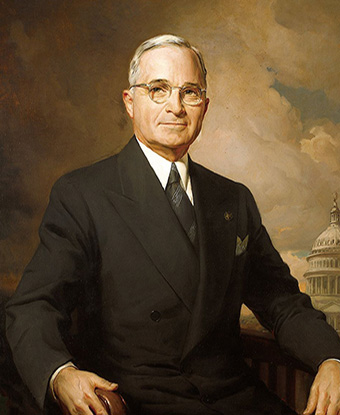
Harry Truman was reluctant at times but bowed to pressure from Civil Rights and labor leaders such as A. Philip Randolph and desegregated the U.S. Armed Forces for the first time in U.S. history. He also made a failed attempt, though admirable, to get the Democratic Party to adopt a national Civil Rights platform at the 1948 Democratic National Convention. Dixiecrats such as Strom Thurmond revolted against Truman and led a walkout/protest at the convention.
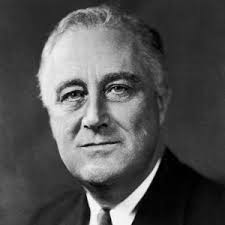
Franklin D. Roosevelt was not particularly known for race-specific measures and was reluctant at times. But, his New Deal programs were supported by many African American leaders. Certainly, some New Deal programs such as Social Security and the National Labor Relations Act (NLRA) were crafted to exclude poor black workers in the South. This was done to satisfy powerful southern lawmakers in Congress. Even still, other New Deal programs were beneficial including the National Youth Administration of which Mary McLeod Bethune played a key role; the collective bargaining provision in NLRA excluded sharecroppers, tenants, and domestic workers (e.g. industries that employed many southern blacks), but it did provide an opening for northern blacks to push for collective bargaining in industrial-based jobs. Further, due to pressures from A. Philip Randolph and others, he issued an executive order establishing the Fair Employment Practices Commission to investigate employment discrimination in the defense industries.

-

 Featured10 months ago
Featured10 months agoCalifornia Is the First State to Create A Public Alert for Missing Black Youth
-

 Featured9 months ago
Featured9 months agoAfrican American Leaders Stay the Course Amid Calls for President Biden To Bow Out of Race
-

 Featured10 months ago
Featured10 months agoThe Debate Fallout Lands on Both Candidates
-

 Featured9 months ago
Featured9 months agoPresident Joe Biden Decides to Withdraw from the Presidential Race
-

 Featured9 months ago
Featured9 months agoIn One of His Final Speeches as President, Biden Says It’s Time for ‘Fresh Voices’
-

 Featured9 months ago
Featured9 months agoPresident Joe Biden Describes Shooting of Donald Trump As ‘Sick’








